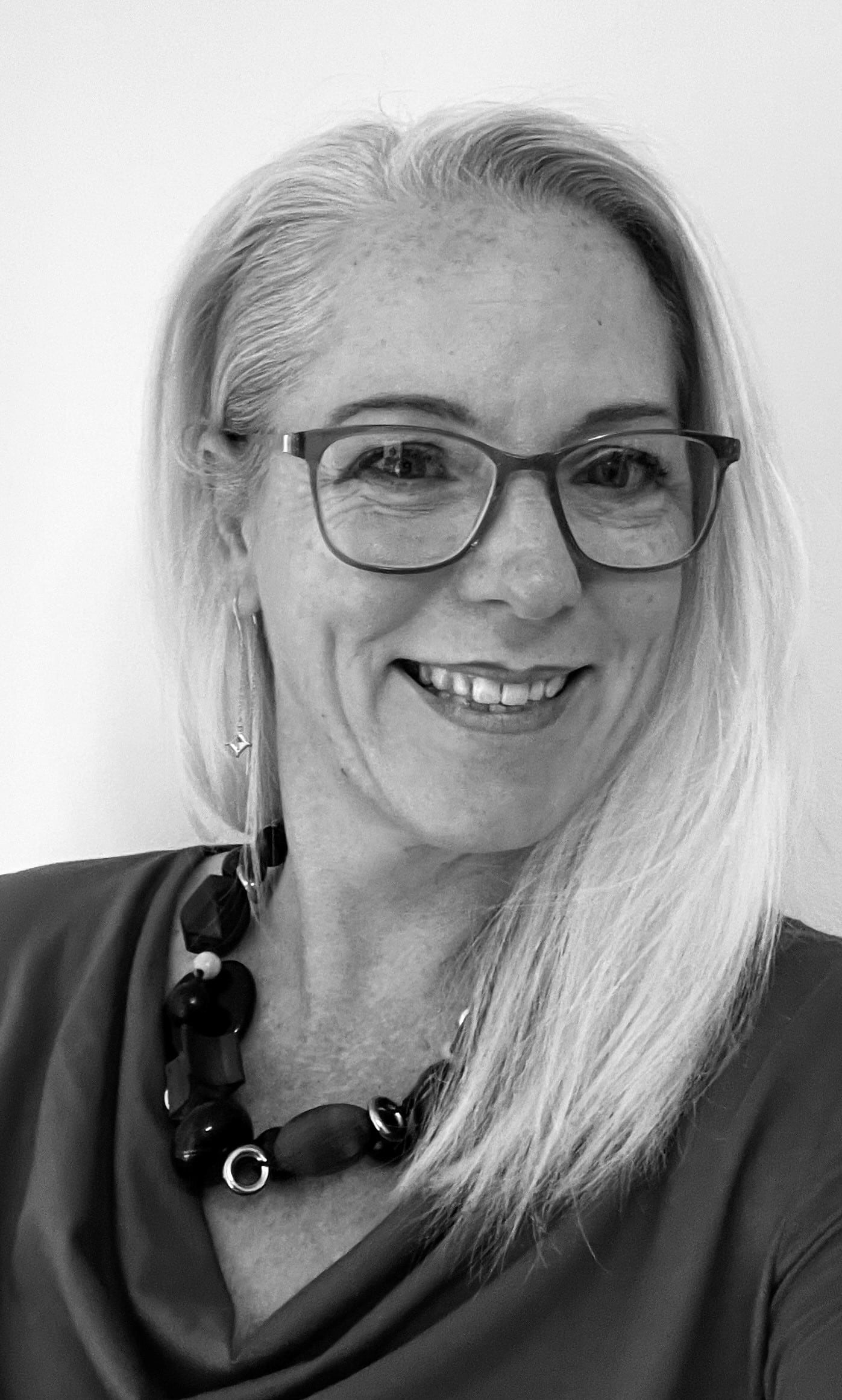
Letitia Emeana explores the benefits of convergence within the industry and discusses the work of the ASIS UK Chapter.
UK security professionals have remained resolute in light of the challenges brought on by the COVID-19 pandemic. Adapting well to the ever-changing expectations attached to their roles, in spite of circumstances continuing to change, security as a business function has become more visible to business stakeholders and society on a broader scale. With volunteers working behind the scenes to support this growth, Security Journal UK sat down with Letitia Emeana, Chair of the ASIS UK Chapter, to find out more about how the association is working to grow, retain and support an extensive network of UK security professionals.
Having worked in numerous different roles across the security industry – at major companies such as Lloyds, Amazon and Tesla – when she is not committing time to her role at ASIS UK or as Chair of the Women In Security People Program, Emeana’s day job is as Global Security Capability Manager at Unilever. Not only does her career and voluntary work reflect a passion for security and a strong connection to the industry, but by utilising her position at ASIS UK, Emeana strives to support security professionals in their professional journey whilst also promoting diversity, inclusion and equality.
A journey in security
Starting her journey within the industry at a bank branch, Emeana became familiar with security practices, duress procedure and working with the police from a fraud and crime perspective. Recounting how, even on some occasions, they faced the threat of a gunman walking into the bank, these experiences opened her eyes to the industry and ignited a desire to grow within it. Emeana says: “I applied for a job at Lloyds’ Headquarters, never thinking I would get it.
“The manager at the time however, who was very forward thinking, was looking at the skillset rather than the person and the profile. He was looking at how you talked, how you communicated. Ultimately, security can be taught if you are a logical person. I got the job, and that was the start of my career.
“I became responsible for the central London corporate head offices for Lloyds Banking Group. I was out on the ground everyday with the suppliers and the installers; I was learning about the hardware, principles, layers and motivations. I learned to understand criminals and also the mindset of a security professional.
“I now work at Unilever where I brought my knowledge and experience into a capability role. Today, my role is really around looking to new technology and how we can leverage these technologies and bring that development into our sites across the globe. Moreover, to develop the human capital and really help them to become the best version of the security professional that they want to be.”
Whilst recognising the serious implications and consequences COVID-19 has caused, Emeana does believe some positives have arisen in the security industry in spite of its impact. Though she suggests that the industry is prepared for challenges, she is also confident that the situation has heightened the visibility of security professionals, revealed the agility of the people that represent the industry and that new opportunities will arise as a result of changing behaviours.
Emeana explains: “In the security industry, we have always been planning for pandemics; whether this goes back to Bird Flu, Swine Flu or Ebola, there has always been the threat of a situation like this having such a serious impact.
“However, we did not foresee the length of the impact that the COVID-19 pandemic has created and a situation that did not follow a beginning, middle or end format. We are struggling with that. In some ways, this is not necessarily a bad thing for security professionals who are naturally agile in the way they think. If you were positioned well enough at the beginning of the pandemic, I firmly believe that we have become, generally, much more appreciated for our role.
“There will be pockets within the industry where it has not worked, or it did not go so well, but I think the lessons that security will take are centred around the following questions: Where were you before the pandemic hit? Were you respected? Have you become more respected? Have you maintained your presence?”
Convergence is key
Undoubtedly, one of the major growths within the industry over the past decade has been security convergence. With this growth, stakeholder awareness of security’s function in a business capacity has improved and kickstarted important conversations. Though the role of security professionals has naturally changed as a result, Emeana still values the importance of security professionals going back to basics and asking themselves, “what is the right thing to do?” When thinking about convergence in business therefore, it is vital that ego and team size are taken out of the equation.
Emeana says: “Not only is it about cybersecurity and infrastructure, it is about the transition from physical systems to cloud-based systems. We have to recognise that we are not experts in everything, so we have to build bridges with other experts to ensure we are all speaking the same language. As you talk about integrations and IT, you start talking about GDPR, privacy and ethics. These factors influence whether we as an industry are creating global stances and decentralised or centralised models.
“Camera systems have been the domain of security traditionally. You would get pockets of camera systems within engineering and health and safety, but these systems would not necessarily talk to one another. I feel however, that security systems have always stayed at the forefront of the legal and ethical elements of society. In the main, the security industry wants to do the right thing for all of its people, to protect them. Human safety always takes first place, followed by the asset it is protecting and the reputation it is upholding.
“It is so important that the frontline officers understand the value they can bring. Convergence to me is not just technology convergence, it is also knowledge, awareness and training convergence. Now is the dawn of creating agile teams where strict reporting lines are no longer in place; in order to be agile you have got to be able to work outside of direct, straight verticals and horizontals.”
ASIS UK
The ASIS UK chapter is fully sponsor-funded and is a part of ASIS International. The fees paid by members go towards supporting qualifications, representation and global visibility that maintains the association. Each chapter is not funded from the centre and therefore individual chapters have to find unique ways of making sure that they deliver for their individual members.
Emeana illuminates: “We have to be UK-centric but also create global connections. This is great for security professionals if they want to advance their careers and have a global role, but it also brings an awareness for those companies that may be smaller or just have UK-based operations. We are constantly connected because we are more global and we therefore need to be more aware of other situations and cultures – diversity, inclusion and equality is extremely important.
Staying visible and related to their sponsors so that they can maintain education within the industry is a major part of what ASIS UK does.
“Our three main focus areas are growing our memberships, retaining our memberships and supporting our memberships – these are the three main pillars that we operate on.” Emeana adds. “The primary focus is our membership; we have to deliver for our members through educational content such as our Spring, Summer, Autumn and Winter seminars. It is really about connecting networks together and providing opportunities to connect within these networks.
“The benefit of joining ASIS UK under our ‘growth’ pillar is really about what we offer. Right now we are really trying to promote the security industry to younger people. The career road map for young people is still not really there and there is some wonderful work being done to change this. I knew the police and military wasn’t for me personally, but I didn’t know what else there was for a long time.
“You may be young in security or you may be a little older and more experienced, but that does not mean you don’t still want and require learning, growth and development. We maintain a lot of our current members largely because we are helping to be more holistic and broader with security and risk discussions. We also have our support; members need this from time to time and it helps massively with growth and development. If people are struggling, everybody is encouraged to speak up and reach out because we are here to support.
“I am really proud to be part of this and that my day job recognises the time that I give this work. It is all about people.”
Looking forward to the next 12 months, Emeana goes on to explain what ASIS UK has planned and what the primary focuses are within the organisation. Emeana concludes: “The big strategic plans are still the same. We are remaining focussed on our three pillars and most of what we do is going to fall under these objectives. We must also continue to do more across diversity and equality.
“Every small step counts. All it takes is one thing a day, even if it is reaching out to one person at a time.”

Find out more about the ASIS UK Chapter and how they are supporting security professionals by visiting: www.asis.org.uk
This article was originally published in the September edition of Security Journal UK. To read your FREE digital copy, click here.